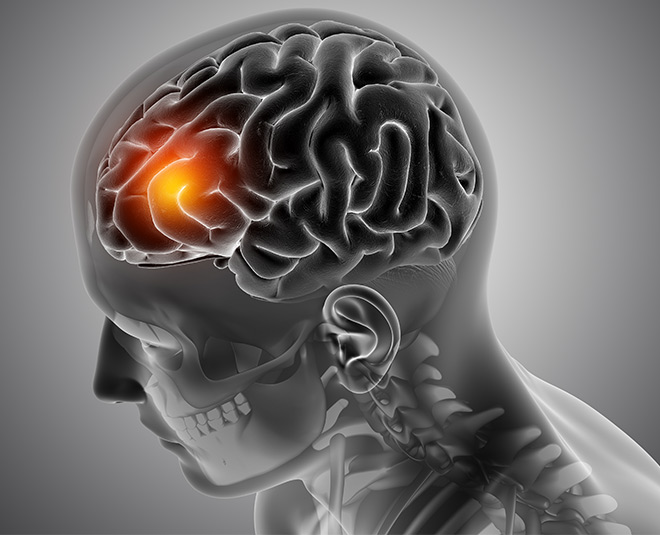Is a brain tumor any different from tumors detected in other parts of the body? or Is it challenging to treat a brain tumor?
Well, there is no end to these questions! What matters the most is to have the right knowledge regarding such life-threatening conditions. Today, with easy access to the Internet anyone can grab information about cancer but nobody knows how authentic it is. And this is the reason why people get surrounded by misleading facts and numerous myths, about causes, risk factors, and treatment of brain tumors.
However, this World Brain Tumor Day, let’s debunk some of the common myths associated with brain tumors.
• Myth 1: All brain tumors are cancerous.
Fact: No, certainly not all tumors are cancerous. Only one-third of brain tumors carry the risk of cancer. Most of benign (non-cancerous) tumors can be treated completely as they cannot spread to other organs or damage surrounding tissues or cells. However, malignant tumors can pose a threat depending on the type of cells involved.
• Myth 2: Changes in lifestyle can prevent Brain Tumor.
Fact: Your lifestyle changes cannot trigger or prevent brain tumors. The exact cause of development or growth of the tumor is idiopathic. However, making healthy lifestyle changes can benefit you in several ways by preventing numerous chronic ailments. Involving in daily exercises, adding nutritious diet, quitting smoking, limiting alcohol consumption, and avoiding tobacco are some of the best ways to maintain the overall health of an individual.
• Myth 3: Exposure to electromagnetic fields causes Brain Tumors
Fact: There is no scientific evidence suggesting that electromagnetic fields including smartphone usage, or energy from power lines increase the risk of developing a brain tumor. However, long-term exposure to any kind of radiation can have severe or negative effects not only on the brain but to the entire body. It is advisable to limit cell phone use both for adults & children.
• Myth 4: Young people do not suffer from a Brain Tumor
Fact: Brain tumors can occur at any age. In fact, brain tumor is the second most common cancer among children throughout the world. As we know there are more than 120 types of brain tumors, in which ‘medulloblastoma’, and ‘ependymoma’ are mostly detected in children. In rare cases, newborns have also been diagnosed with the condition. Tumors such as ‘Meningiomas’ are common in young women (30-50 years). However, timely treatment and emerging advancements in treatment methods can reduce or kill cancer cells depending on the stage.
• Myth 5: Brain tumor runs in families.
Fact: It’s a complete myth! Brain tumor has nothing to do with family history. There is no medical evidence suggesting that people having family members with brain tumors are more prone to developing tumors in the future. Also, if no one in the family has cancer, then people might have no risk of having a tumor in their entire life.
Genetic mutations inherited from parents can cause only about 5-10% of tumors, whereas 90-95% of cancer cells are developed by the mutations that occur in a whole lifetime of an individual.
• Myth 6: Signs and symptoms of brain tumors are the same in every patient.
Fact: Every disease is categorized with a certain group of signs and symptoms that is indicative of the condition. When it comes to brain tumors we have some common symptoms but it is not necessary that all individuals show the same signs. Every person diagnosed with a brain tumor can have different symptoms depending on factors like size, location, and stage of the tumor. There are times when a person does not develop early symptoms which worsens the condition over time. Also, someone can experience a sudden onset of symptoms such as seizures that can lead to an early diagnosis of the tumor.
• Myth 7: Treatment methods for a brain tumor is standard and accessible to anyone affected.
Fact: The treatment of a brain tumour can vary widely depending on various factors including the type, size, location, grade and age of the patient and so on. At present, the advancement in medical science offers varied treatment options such as surgery, radiation therapy, chemotherapy and immunotherapy to kill cancer cells. In developing countries like India, it is easier to access cancer treatment in metropolitan cities than in remote areas.
Early diagnosis & treatment can prevent complications associated with brain tumors controlling the spread that puts pressure on the skull and brain tissue. In a majority of cases, brain tumor is benign, especially in children which can be successfully treated with radiation or non-radiation therapies. Even a person detected with a severe malignant brain tumor has a higher chance of survival and lives a long life with the timely detection and proper treatment providing positive results.



Recent Comments